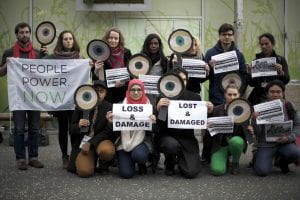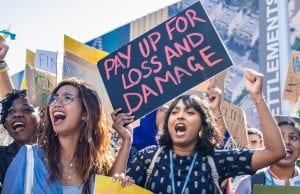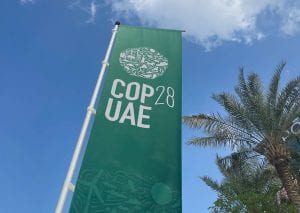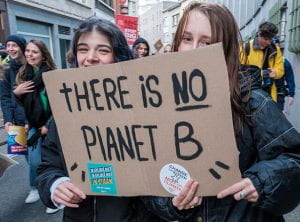By Alexia Kaplan, LLM Student, University of Bristol Law School,

COP 28, the latest United Nations Climate Conference, came to an end in December 2023. It began with an agreement to launch the loss and damage fund, which was kick-started by the UAE’s $100 million pledge. A further 15 countries followed suit, making pledges of varying amounts, and by 2 December 2023, a cumulative total of $655.9 million had been pledged to the loss and damage fund. The fund has been heralded by many as the biggest success of the entire conference and a historic agreement – being the first time that a substantive decision was adopted on the first day of the Conference. The delegates of nations present from around the world, rose in a standing ovation when the agreement was passed. (more…)




